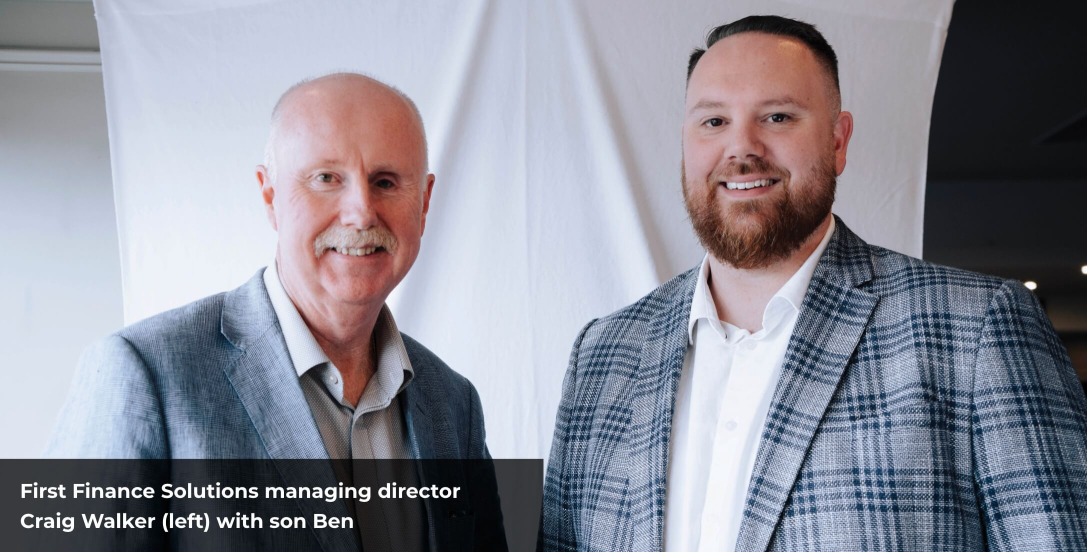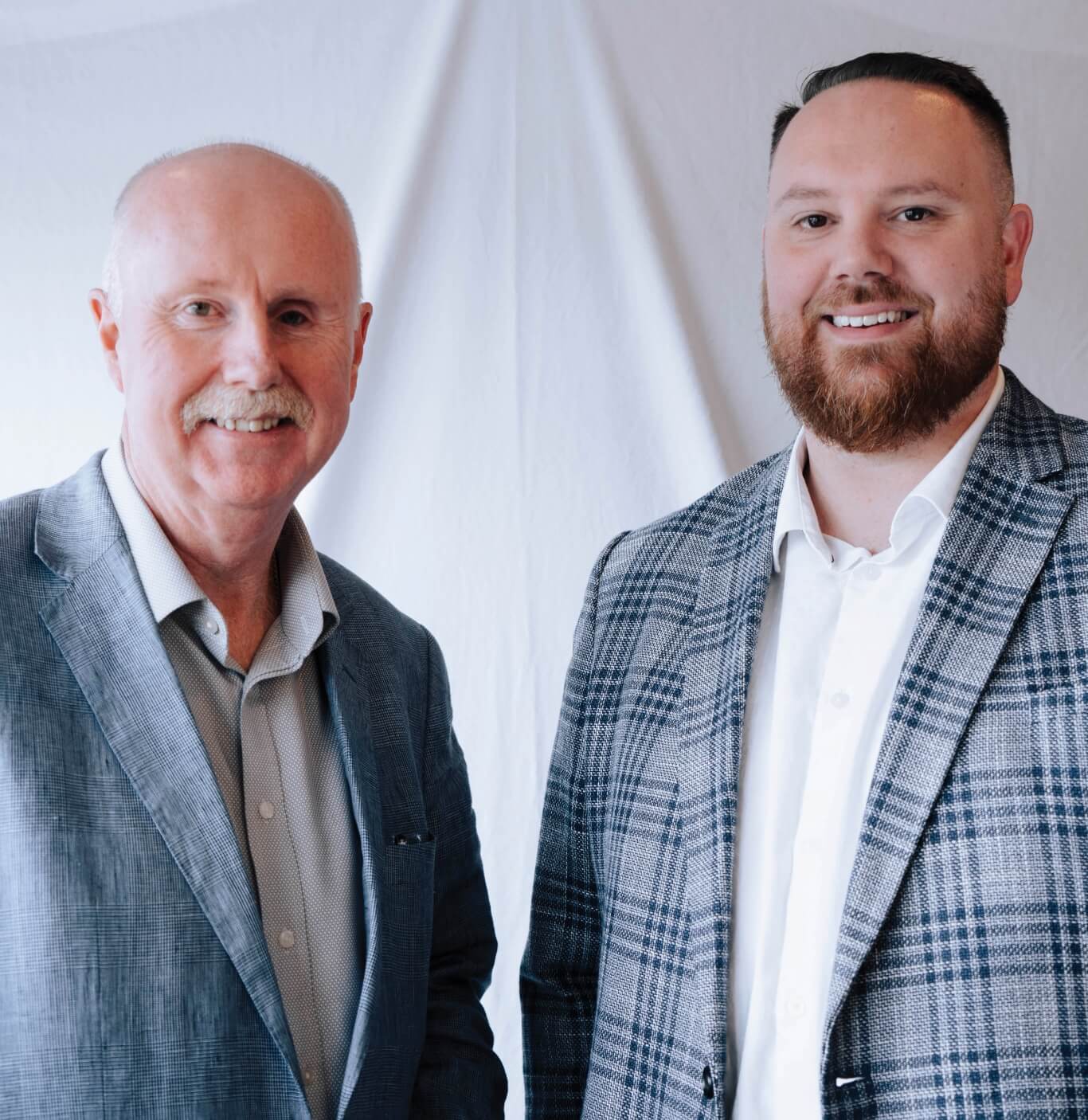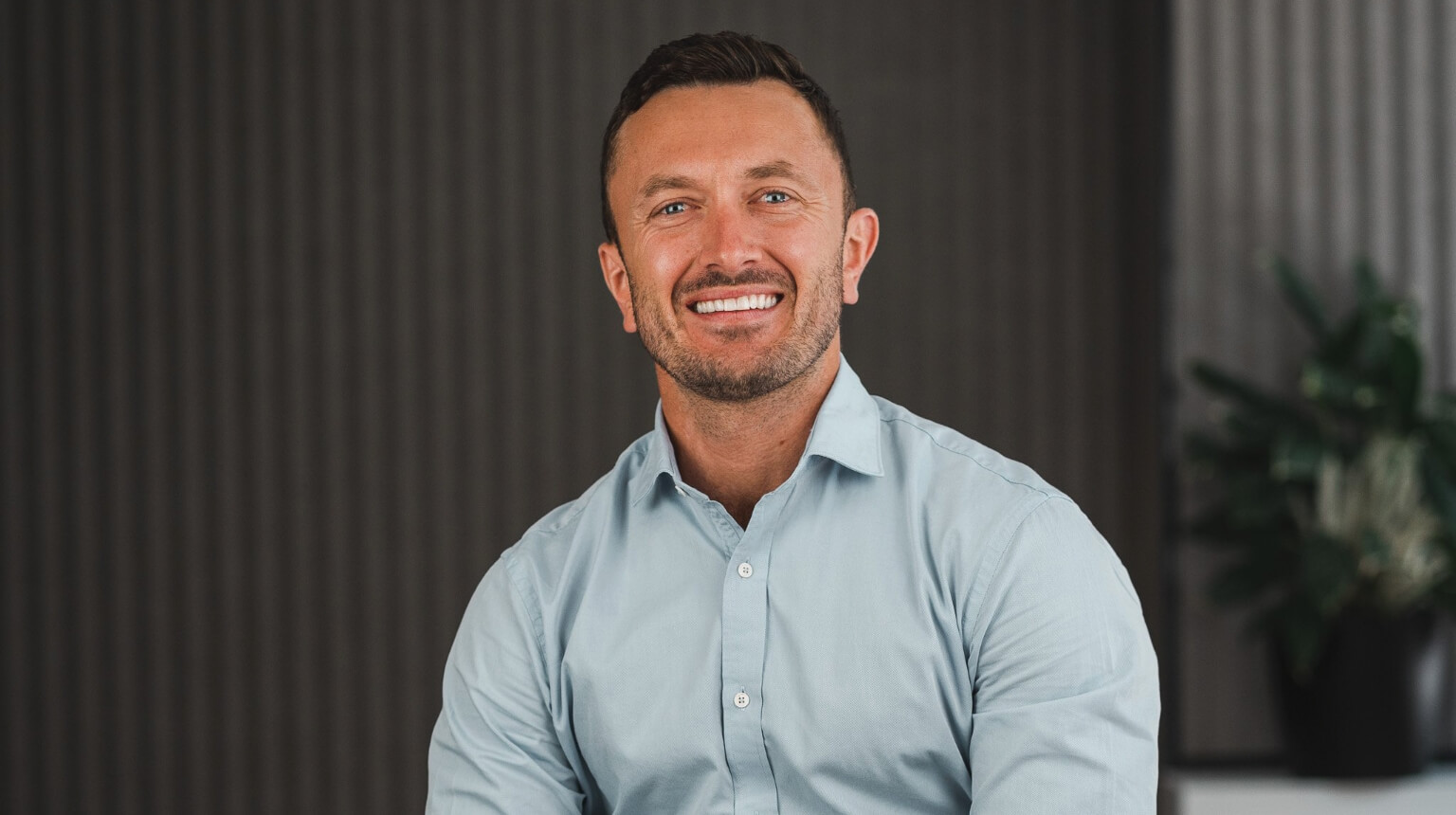Q. How and why did you become a broker?
I was with ANZ for 11 years, mainly in commercial and business banking. I left at the end of 1990 and went out into private enterprise. I then worked with a builder as a finance controller and left after about 12 months. We weren’t seeing eye to eye on a few things, but it was during a period when the economy was in recession, the “recession we had to have”.
I tried to get back into ANZ, but they weren’t employing staff – they were actually laying people off.
Finance was my area of expertise, so I looked into broking. Back then, it was basically just sitting an open-book test on the Victorian credit guide, paying a fee, getting a certificate, and then you’re a broker! There was very little structural regulation in the industry.
And it was a handful of brokers around commercial and asset finance, but there wasn’t anything super structured on the residential side. There was no such thing as front and trail commissions. Basically, you charged a fee to the client, along with all the fees that the banks were charging in those days, and that’s how you earned your money.

Q. What sort of loans are you writing at the moment?
Back in the late ’90s and early ’00s, in the broker market, commercial was very small and they weren’t paying trail. Quite often, there were no upfronts and you had to charge a mandate fee. I thought security in the industry for me was to build a trail book. So, I turned my focus to residential. Now I probably write 75–80 per cent resi and 20–25 per cent commercial.
Q. What’s the secret to building long-lasting client relationships?
You have to have good interpersonal skills. You have to be able to deal with people on all levels. You have to have empathy. You have to gain their trust. All these sorts of things wrap up to developing a relationship. And of course, you’ve got to deliver on service. The commercial client doesn’t do anything without contacting me first, which is nice. I’ve got clients I’ve had since the ’90s in the resi space, not just family and friends. And now, I’m doing business for their kids.
You have to be able to deal with people on all levels. You have to have empathy. You have to gain their trust
Q. How do you handle busy and quiet periods?
It’s one of the things I’m looking at going forward, more picking and choosing what I do and then sort of handing it over to [my son] Ben. At the moment, I handle everything that comes to me. There are times when I’m really busy.
In June this year, it was quiet, so I took the opportunity to catch up on things that got pushed back in order of priority. And then in July, the inquiries picked up again. You just have to deal with the ebb and flow of volume.
Q. What’s next in your broking career?
I do enjoy what I do. I do love the industry. It’s been good to me. I couldn’t go cold turkey. I work really hard. I’m full time in the business. I work on the basis that when the client needs me, I’m there for them. I’m comfortable because I’ve done it for such a long time. But I’ll have to ease myself out of it at some stage.
I’m at the back end of my career. So, I’m probably in a position where I will just work through as a sole practitioner until I decide to start winding down a bit. I still very much enjoy what I do, but I will start slowing down at some point. I keep getting taps on the shoulder from my wife and family members that I should be slowing down.




